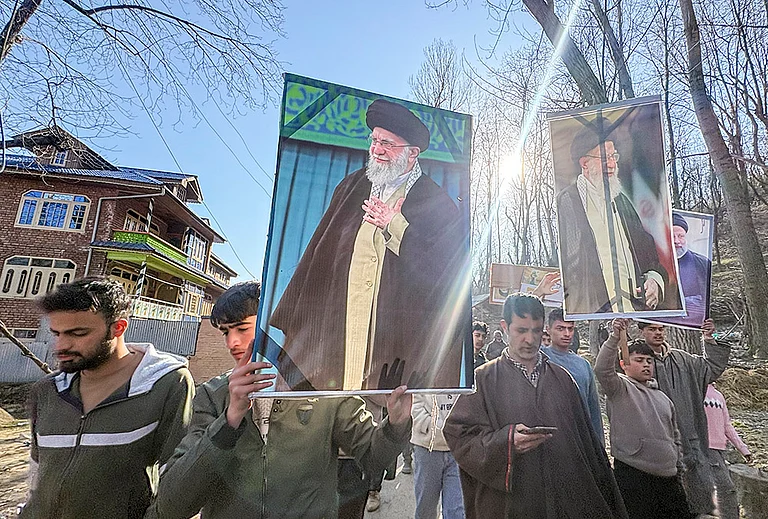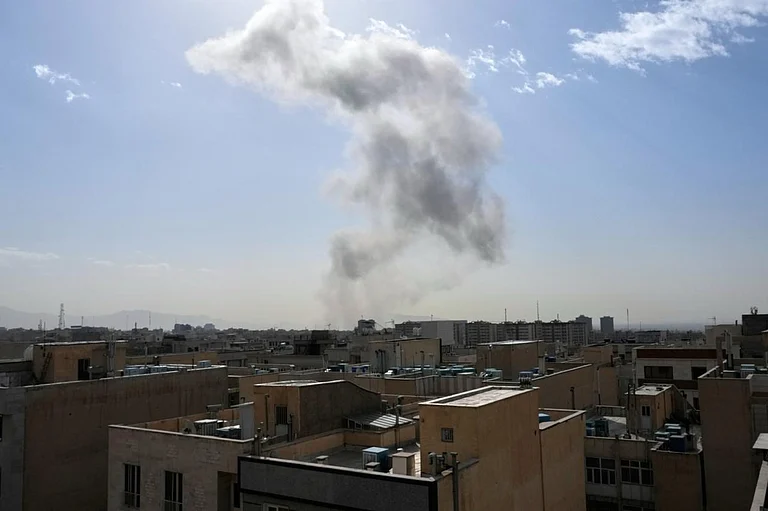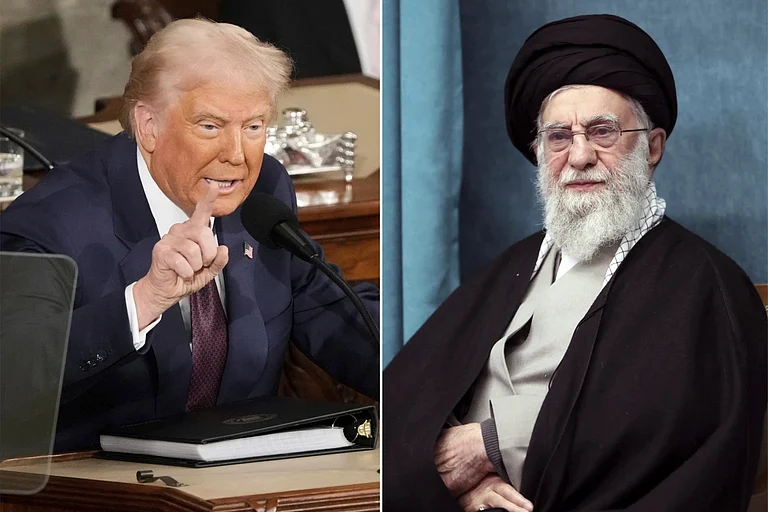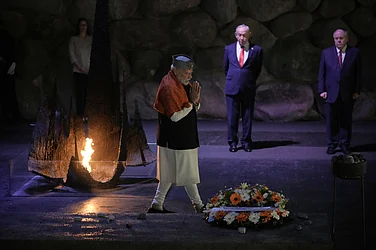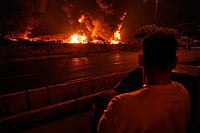Since Israel launched airstrikes against Iranian nuclear and military targets on June 13, 2025, triggering retaliatory Iranian missile strikes on Israeli cities, the international community—spanning Asian powers, Muslim-majority states, Europe, and the G7—has issued an array of statements. This report systematically details official positions without interpretation, offering a snapshot of diplomatic alignments and emerging fault lines.
China
China voiced strong criticism of Israel’s strikes on Iran. On June 13, Foreign Ministry spokesperson Lin Jian said Beijing “was deeply concerned” about the attacks, stating that China “opposes any infringement upon Iran’s sovereignty, security and territorial integrity” and called for de-escalation to preserve “regional peace and stability.” He also emphasised China's readiness to play a “constructive role”.
Subsequently, at the United Nations, China’s UN Ambassador Fu Cong condemned Israel’s actions, reiterated opposition to “violations of Iran’s sovereignty,” and urged Israel to “immediately stop all risky military actions,” citing concern for their potential impact on nuclear diplomacy.
In practical terms, China's embassy in both Iran and Israel issued travel advisories on June 17, urging its citizens to return home or leave via land crossings due to deteriorating security.
21 Muslim‑Majority States: Joint Memorandum Calling for Ceasefire
A coalition of 21 Muslim-majority nations—reported by Reuters and Haaretz—signed a memorandum urging an immediate ceasefire in the region, calling for pressure on Israel via Washington and emphasising the need to resume diplomacy.
The signatory countries include Qatar, Oman, Saudi Arabia, UAE, Jordan, Bahrain, Kuwait, Egypt, Morocco, Pakistan, Iraq, Turkey, plus others from the broader Islamic world. The resolution underscores Ceasefire now, aims to curb further civilian casualties, and supports renewed talks between Iran and Israel mediated by Gulf states.
G7
During the June 16–17 G7 summit in Kananaskis, Canada (held June 16–17, 2025), the G7 leaders issued a joint statement affirming Israel’s right to self-defence, condemning Iran as a source of regional instability and terrorism, and calling for broader de-escalation, including a Gaza ceasefire.
France’s President Macron announced that U.S. President Trump had made a ceasefire offer between Israel and Iran aimed at initiating broader diplomatic talks. Macron also warned against violent regime change in Iran and called for strikes on civilians to cease.
U.S. President Trump, at the G7, stated he seeks a “real end” to Iran’s nuclear ambitions rather than a temporary ceasefire, hinted at deploying senior envoys to Tehran, and pressed Iran to engage in negotiations “before it’s too late”. However, he later denied Macron’s characterisation linking his departure from the summit to mediation efforts.
Europe – France, Germany, UK, and EU
France
President Macron echoed the G7 points: reaffirming Israel’s right to defend itself, condemning Iran’s nuclear advancement, calling for restraint and a civil‑target ceasefire, and clarifying that support for Israel is not unconditional.
Germany
Chancellor Friedrich Merz emphasised Israel’s right to self-defence and described Iran’s nuclear agenda as a serious regional threat.
Additionally, Germany supported the G7 statement urging de-escalation and image strikes on civilians to end.
European Union & the E3
France, Britain, and Germany (the “E3”) conducted a rare ministerial call to Iran’s foreign minister, urging Iran to resume nuclear talks, avoid escalation, and return to diplomacy. They also threatened to refer Iran to the UN Security Council if no agreement was reached by summer.
EU officials, including Commission President Ursula von der Leyen and High Representative Josep Borrell, reinforced Israel’s right to self-defence and urged restraint on civilian targets.
Russia
Russian Deputy Foreign Minister Sergei Ryabkov described Iran’s retaliatory strike as “exercise of its right to defend itself,” while Moscow reportedly maintained contact with both Israel and Iran.
According to Reuters, Russia’s Kremlin spokesman Dmitry Peskov said Russia “is concerned by and condemns the sharp escalation in tensions”.
United States
The U.S. State Department has clarified that Iran should not target U.S. interests or personnel, and that while not involved in Israel’s strikes, Washington aims to protect American forces.
President Trump’s statements emphasised a desire for a permanent resolution to Iran’s nuclear program rather than a mere ceasefire, hinted at potential envoy missions, and stressed urgency in Iran’s decision-making.
Meanwhile, U.S. Secretary of State Marco Rubio participated in transatlantic discussions and stressed de-escalation in Gaza as well.
Middle Eastern & Muslim‑Majority Countries
Beyond the 21-state resolution, individual statements echoed similar aims.
Qatar, Oman, and Saudi Arabia also directly appealed to Washington to pressure Israel into a ceasefire.
Jordan, UAE, Iraq, Turkey, Pakistan condemned the strikes as violations of international law or "blatant infringements" on sovereignty and urged restraint and diplomacy.
Egypt, Bahrain, Kuwait, Morocco joined Oman and Qatar in the joint Arab statement describing Israeli actions in Gaza (and by implication in Iran) as collective punishment, calling for an investigation and a war‑crimes inquiry.
Indonesia, Maldives, Syria, and Russia (in the Gaza context) labelled Israeli actions “crimes against humanity” or genocide, with several Arab foreign ministers describing them as collective punishment.




